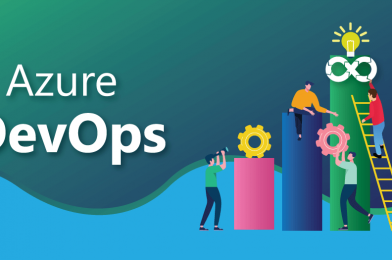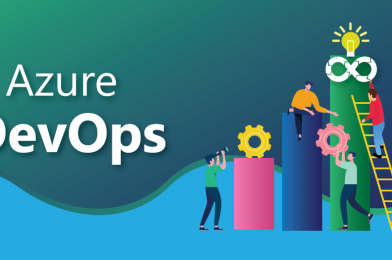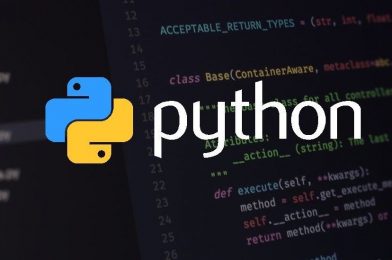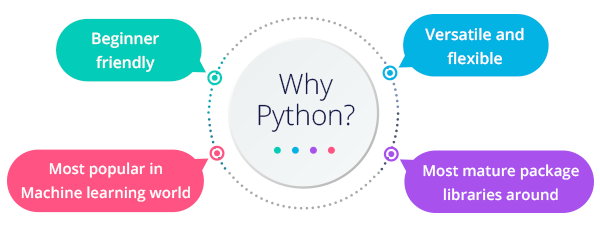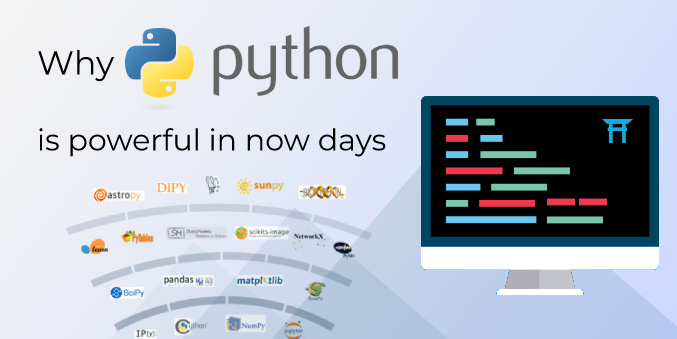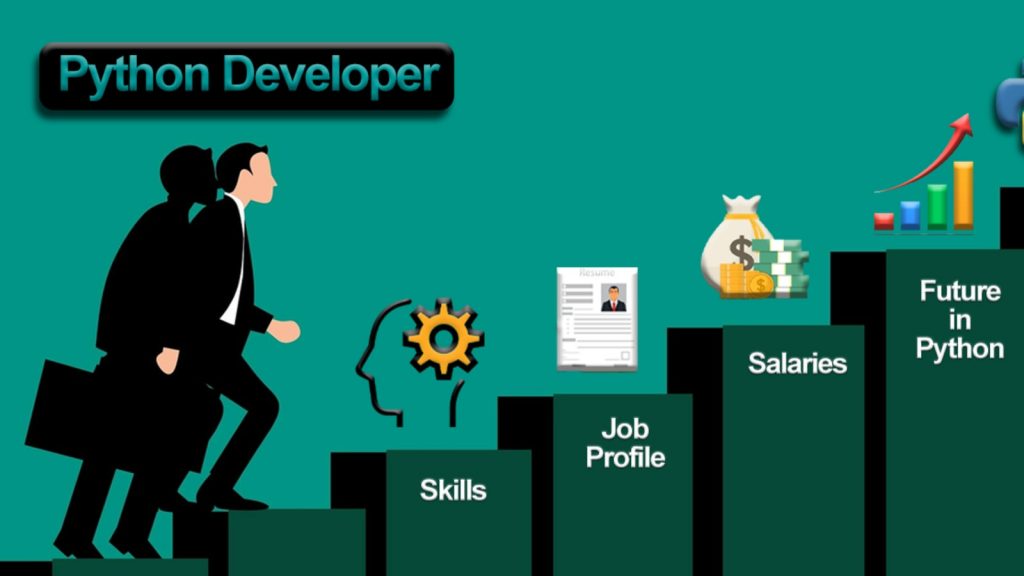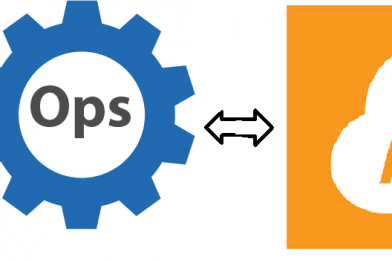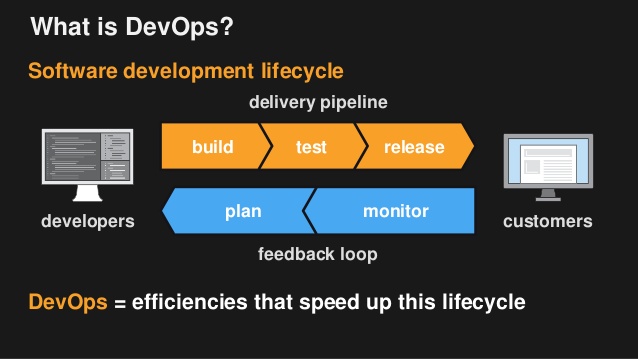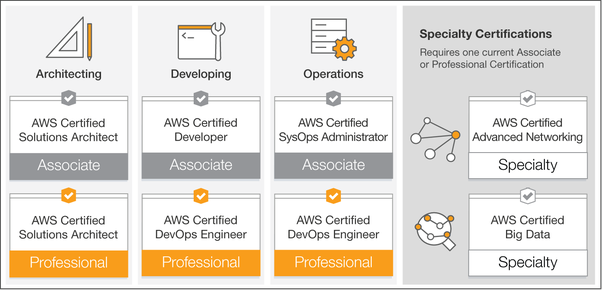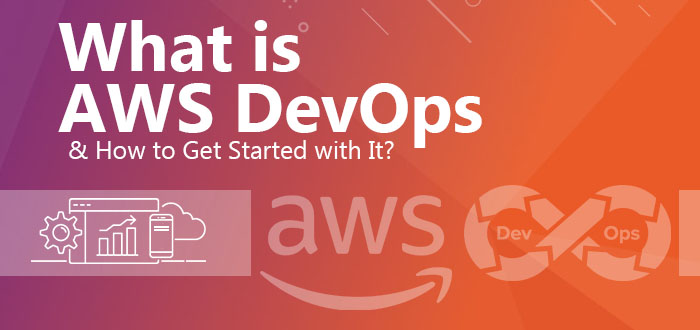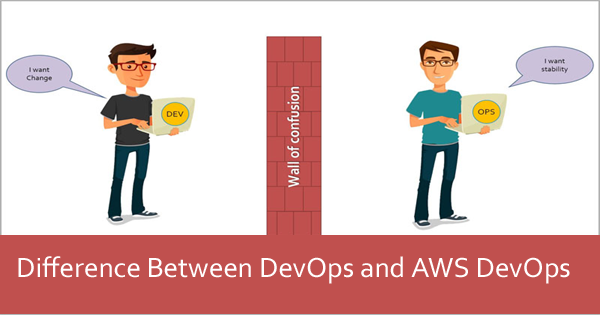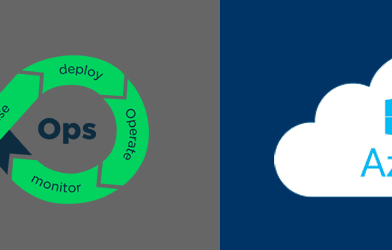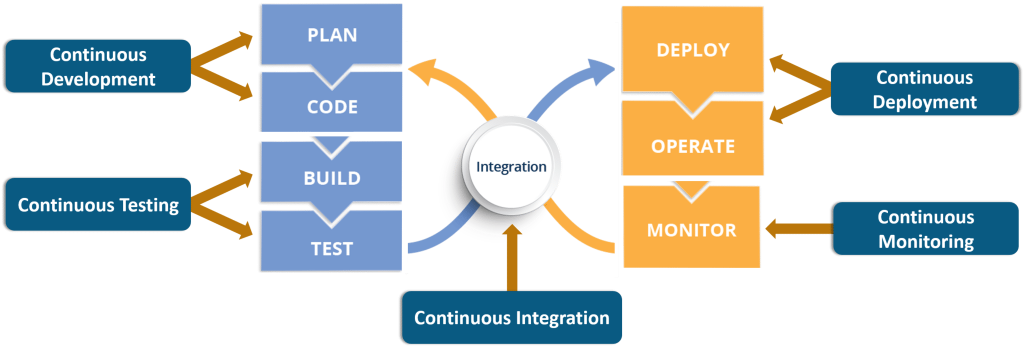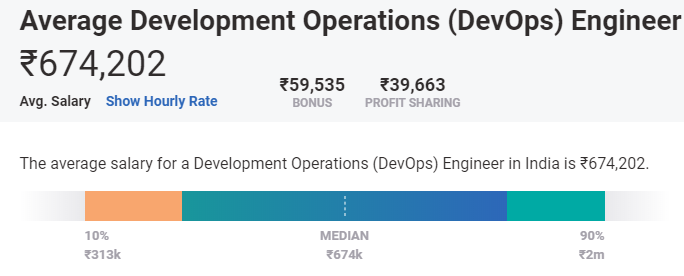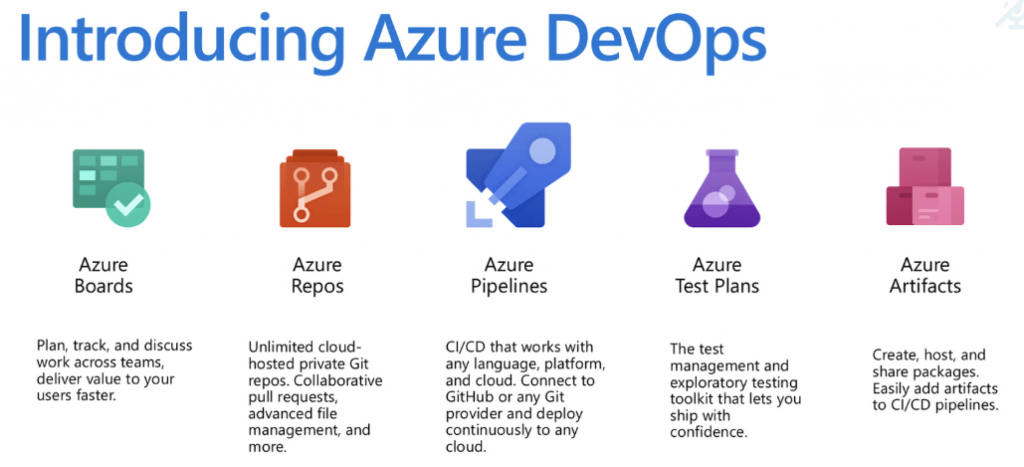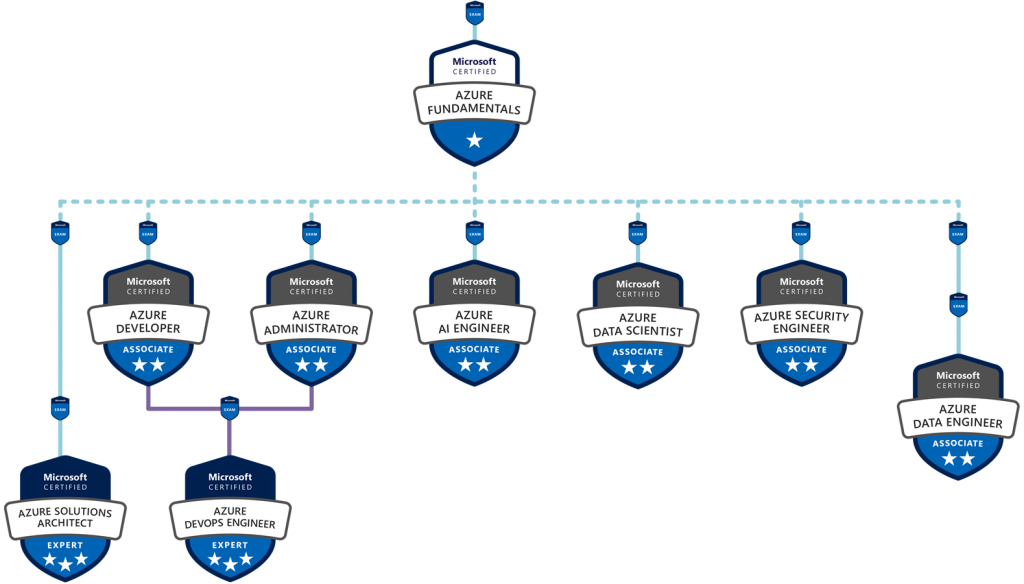Azure DevOps is a modern DevOps tool of developing, planning, testing and deploying modern apps with optimized cycle to provide quality delivery of applications. Azure DevOps provides bunch of tool which can help you in track software building progress and also help you to take decision to deliver great software to the end users. Azure DevOps services are not dependent on cloud platform.
Azure DevOps includes the following services:

- Azure Boards
It is a powerful agile tool for managing Kanban board, reporting, and product backlog. It also helps you to plan, track, and discuss work across the team.
It has components like work items, backlogs, Boards, queries, sprints details.
- Azure Repos
Azure Repos service provides you unlimited cloud-hosted private Git repository for your project. This is a type of standard Git service and works use as distributed source controls. Azure Repos supports all Git clients and all IDEs.
- Azure Pipelines
It is a cloud-hosted pipelines that helps you in for fast CI/CD that works with any language, platform, and cloud. It helps you with continuously changes Release by connecting to any source control like GitHub, this service can release changes continuously to any cloud. Azure Pipelines has components like build, release, library, task groups, and deployment groups.
- Azure Test Plans
Azure Test Plans provides manual and exploratory testing tools. It also help you to do automated and manual testing. XML files can be used for load testing as well.
- Azure Artifacts
Azure Artifact service manages the dependencies used in source code. It can host and share package (like NPM, Nuget, and Maven) feeds from public and private sources. These artifacts simplify job building process.
Benefits of Azure DevOps
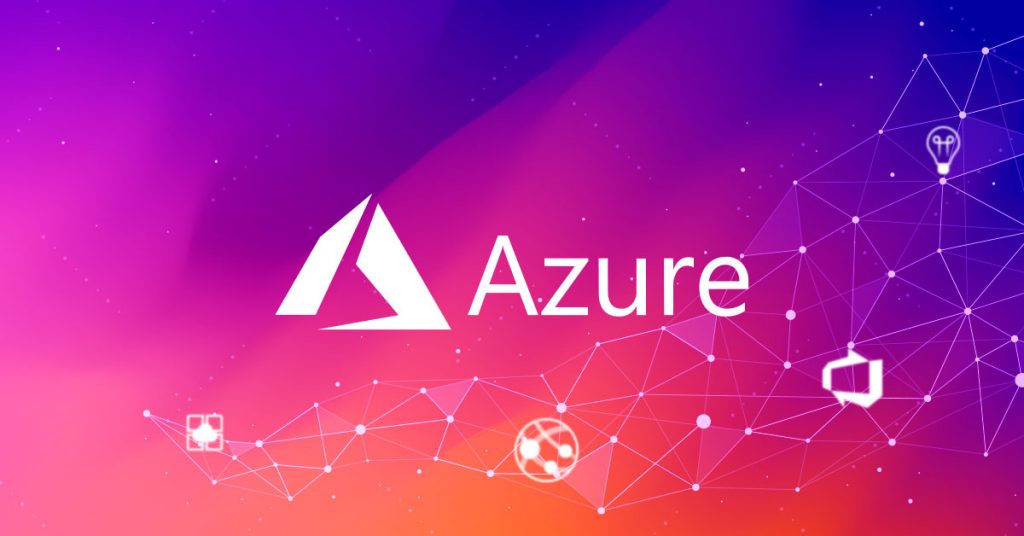
Azure DevOps allows their users to develop, deploy, and monitor code without opening multiple interfaces and you can also manage all of this from one view and bring ease to the customers.
Some of the main benefits are
- Timely Access to New Features
Every three weeks, DevOps users receive access to new features. No need to scramble around and wonder what’s new. These are not to be confused with upgrades, and speaking.
- No Upgrades to Worry About
Users need not worry about upgrading or patching up the toolchain because the Azure DevOps is a SaaS product. Companies that run on a CI/CD model no longer need to slow things down for the sake of upgrading.
- Reliability
Azure DevOps is backed by 24 x7 support and a 99.9% SLA.
- Flexibility
If your DevOps team doesn’t want or need the full suite of services, they can acquire them independently.
- Platform-agnostic
DevOps is designed to run on any platform like Linux, macOS, and Windows or language for example Android, C/C++, Node.js, Python, and Java, PHP, Ruby, .Net, and iOS apps.
- Cloud-agnostic
Azure DevOps works with AWS and GCP.
Why we use Azure DevOps?

There has been a lot of buzz lately about Azure DevOps and you may be wondering– why we use Azure DevOps?
Here are some of the reasons to consider Azure DevOps:
Azure DevOps is a feature-rich platform. The flexibility of supported languages, platforms and cloud vendors make it a viable option for a huge range of organisations. However, if you’re currently running an on-premises Team Foundation Server moving to Azure DevOps would be a natural upgrade for you.
Azure DevOps is not focussed at organisations that are end-to-end Microsoft or Windows. Azure DevOps provides a platform that is:
- Flexible
You don’t have to go ‘all in’ on Azure DevOps. It is possible to adopt each of the services independently and integrate them with your existing tool chain, most popular tools are supported.
- Platformagnostic
Designed to work with any platform (Linux, MacOS and Windows) or language (including Node.js, Python, Java, PHP, Ruby, and C/C++, .NET, Android and iOS apps) Azure DevOps is not just aimed at organizations building and shipping.
- CloudAgnostic
Continuous delivery is supported to AWS and GCP as well as to Azure.
How long it take to Lean Azure DevOps?
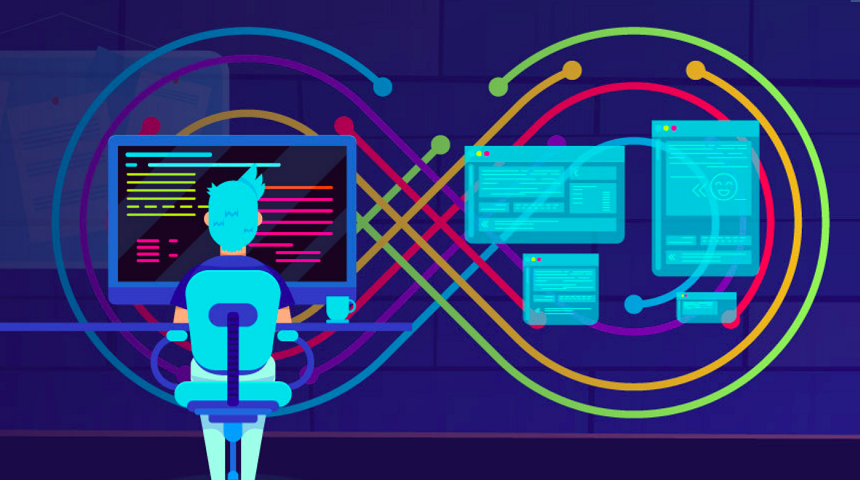
If you have prior experience in software, programming, scripting, Linux, and Automation then you can learn DevOps basics such as CI/CD pipeline and its tools in one month.
If you have prior experience of software, programming, and scripting but not familiar with Linux, and Automation then you have to learn Linux and Automation first before learning DevOps basics such as CI/CD pipeline and its tools in 2-3 months.
If you have prior experience of computer and software background but no experience in programming, scripting, Linux, and Automation then programming and scripting take two months, one month for OS and automation fundamentals, and one month for learning DevOps basics such as CI/CD pipeline and its tools. Overall, 4-5 months.
Roles and Responsibilities

DevOps Engineer works with developers and the IT team to oversee the code releases. Many-times developers who get interested in deployment and network operations or sysadmins who have a passion for scripting and coding and move into the development side where they can improve the planning of test and deployment.
Roles of Azure DevOps Engineer
- Implementing Continuous Feedback.
- Implementing Application Infrastructure.
- Implementing DevOps Development Processes.
- Implementing Dependency Management.
- Implementing Continuous Integration.
- Implementing Continuous Delivery.
Career opportunity as an Azure DevOps Engineer?

Azure DevOps Engineer is someone who has an understanding of the Software Development Lifecycle and if familiar with various automation tools for developing digital pipelines (CI/ CD pipelines).
Azure DevOps Engineers are responsible for defining and implementing a robust, scalable, pragmatic and realistic cloud solution that works for our clients. Design and implement cloud solutions which are secure, scalable, resilient, monitored, auditable and cost optimized.
So what are the options in front of you when you complete your Certification as an Azure DevOps Engineer?
Here are a few job roles that you can fill:
- Cloud Engineer
- DevOps
- Cloud Specialist
- High Availability
- MEAN
- Shell Scripting
- Big Data
- Windows Admiration
Salary of an Azure DevOps Engineer
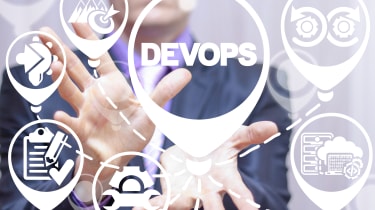
More than 500 top Fortune companies as well as start-ups or small businesses that need an Azure DevOps Engineer who is certified and are ready to offer a lucrative Azure DevOps Engineer. So, don’t worry about the job prospect or salary aspect when it comes to being a certified Azure DevOps Engineer, just focus on upscaling your real-time expertise when you wish to be a part of any of these renowned organizations and get to work with your dream company with the salary you wished for.
As an Azure DevOps engineer, the national average salary is $103,314.
- The DevOps engineer based on 3 years of experience can expect $7,927 per annum.
- The salary for the aforementioned experience ranges from $3,329 – $18,886.
- Also, the Azure DevOps engineer salary is also dependent on experience such as Entry level, Intermediate, Senior ranging from $79,000 – $134,000.
- Furthermore, Azure DevOps engineer salary also depends on the certification obtained through training platforms such as JanBask Training.
Now let us have a look at a range of salaries across the globe.
- The Azure DevOps Engineer Salary in the United Kingdom on average is £82,472 per year or £29.18 per hour.
- The Azure DevOps Engineer Salary in the US on average is $136,500 per year or $70 per hour.
- The Azure DevOps Engineer Salary in India on average is ₹ 2,100,000 per year or ₹ 1,077 per hour.
- The Azure DevOps Engineer Salary in Australia starts from an average of $130,000 per year or $66.67 per hour.
- The Azure DevOps Engineer Salary in Canada on average is $120,938 per year or $62.02 per hour.
Conclusion

In this Article, we all discussed on point of a career in Azure DevOps. We provided you the enough information about the salaries what you can expect to earn in different job roles with skills We also discussed the options that you can choose as a skilled DevOps professional depending on your interests. If you are curious to learn about Azure DevOps, and make a good career with this skill then I would suggest you please check out DevOpsschool.com for more information.
